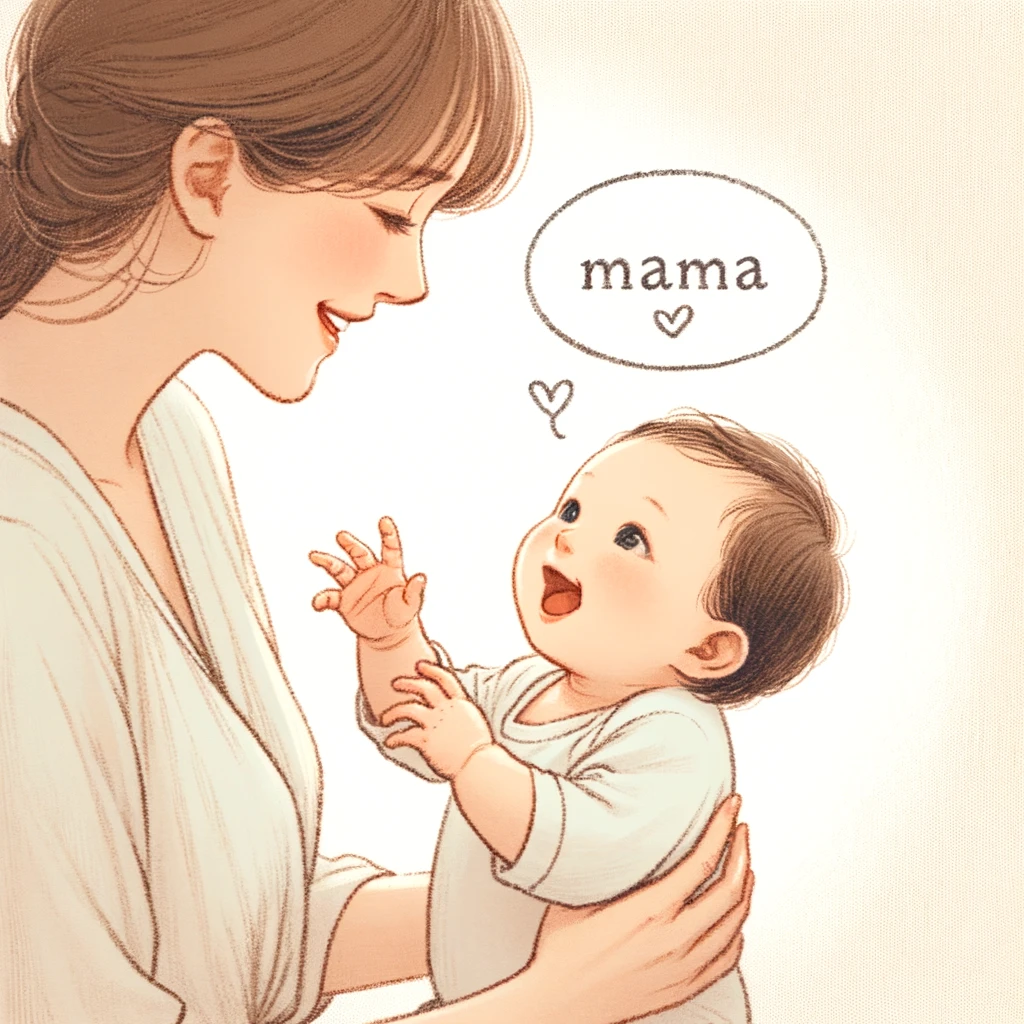In many languages, words for 'mother' and 'father' are composed of easy-to-articulate sounds like 'ma,' 'pa,' 'ba,' and 'da.' This isn't just a coincidence. Babies around the world typically start speaking with these sounds, as they are some of the simplest for them to pronounce. If you make the sounds yourself, you can see how easy they are to create.
For example, in English, we say 'mama' and 'papa'; in Mandarin, it's 'mama' and 'baba'; in Swahili, it's 'mama' and 'baba'; in Russian, it's 'mama' and 'papa'; in Spanish, 'mamá' and 'papá'; in Hindi, 'māṁ' (माँ) and 'pāpā' (पापा); in Arabic, 'mama' (ماما) and 'baba' (بابا); in Japanese, 'mama' (ママ) and 'papa' (パパ); in Italian, 'mamma' and 'papà'; and in German, 'Mama' and 'Papa'. This pattern is also observed in languages that developed independently from those in Europe and Asia. For instance, in the Quechua language of the Andes, 'mama' means mother, and in Nahuatl, the language of the Aztecs, the word for father is 'tāta'.
After months of devotedly nurturing their often unresponsive and demanding baby, parents are filled with excitement and joy when babies first start to babble. They are naturally inclined to interpret these sounds as references to themselves, a moment that brings immense gratification after the challenging early stages of parenthood. This profound emotional connection likely played a significant role in shaping the words for parents in different languages.
Interestingly, while languages undergo significant changes and evolve over time, the words for 'mother' and 'father' remain remarkably consistent. This is evident not just in modern languages but also in ancient texts. For instance, in Ancient Egyptian, one of the words for mother was 'mut,' a term unrelated to the Indo-European language family, yet it still reflects a simple, easily articulated sound. Despite the dynamic nature of languages and their evolution across different cultures and eras, these particular words seem to be connected in the universal patterns of early language and the fundamental human experience. First words are, in a lot of ways, part of a universal language, deeply connected to our earliest forms of communication and bonding with our parents.
Thought this might be an interesting share!

